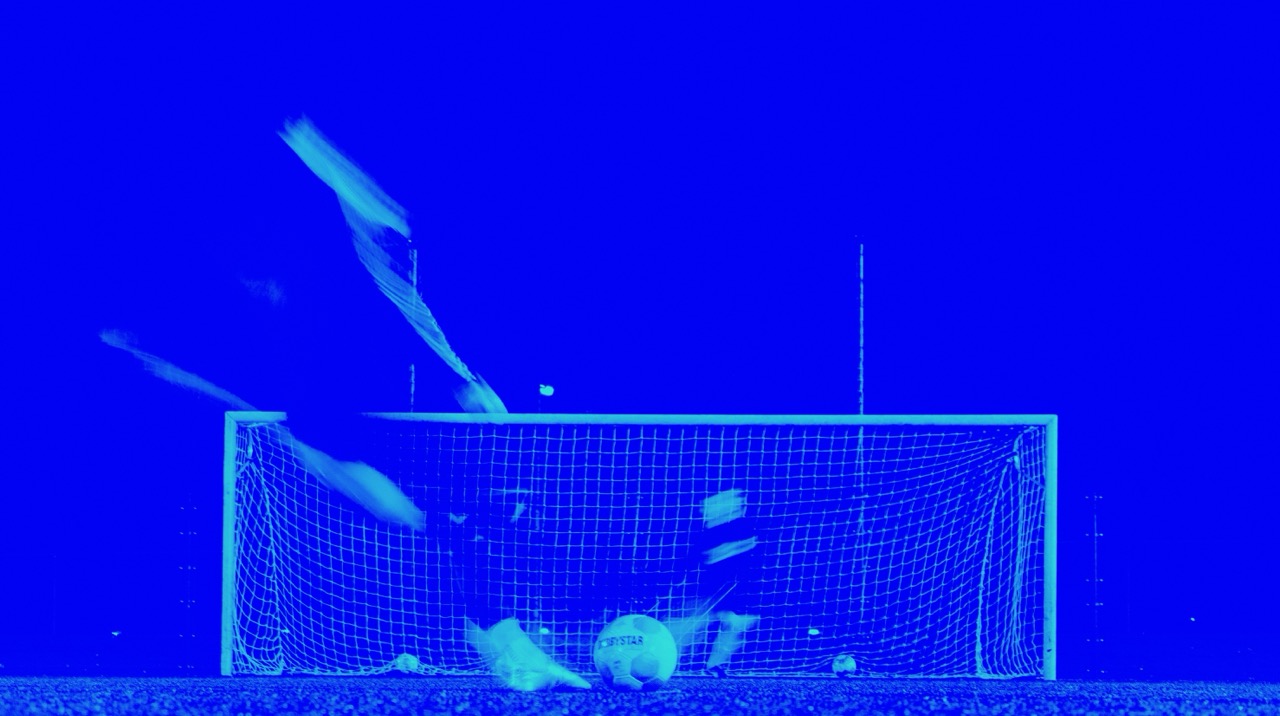Monitoring of post-match fatigue in professional soccer: welcome to the real-world
Carling C., Lacome M., McCall A., Dupont G., F.Le Gall, Simpson B.M. and Buchheit M. Monitoring of post-match fatigue in professional soccer: welcome to the real-world. Sports Med, In press.
Full text here
Abstract
Participation in soccer match-play leads to acute and transient subjective, biochemical, metabolic and physical disturbances in players over subsequent hours and days. Inadequate time for rest and regeneration between matches can expose players to the risk of training and competing whilst not entirely recovered. In professional soccer, contemporary competitive schedules can require teams to compete in-excess of 60 matches over the course of the season while periods of fixture congestion occur prompting much attention from researchers and practitioners to the monitoring of fatigue and readiness to play. A comprehensive body of research has investigated post-match acute and residual fatigue responses. Yet the relevance of the research for professional soccer contexts is debatable notably in relation to the study populations and designs employed. Monitoring can indeed be invasive, expensive, time-inefficient and difficult to perform routinely and simultaneously in a large squad of regularly competing players. Uncertainty also exists regarding the meaningfulness and interpretation of changes in fatigue response values and their functional relevance, and practical applicability in the field. The real-world need and cost-benefit of monitoring must be carefully weighed up. In relation to professional soccer contexts, this opinion paper intends to: 1) debate the need for PMF monitoring, 2) critique the real-world relevance of the current research literature, 3) discuss the practical burden relating to measurement tools and protocols and the collection, interpretation and application of data in the field, and, 4) propose future research perspectives.
Key points
Uncertainty exists around the real-world impact of research regarding post-match fatigue monitoring and its usefulness in informing readiness to play in professional soccer players.
Practitioners must carefully weigh up the need and cost-benefit for monitoring post-match fatigue and requirements should be determined on a case-by-case basis.
Fatigue monitoring requires a more practical approach using data derived in training sessions and the development of tools to enable the simultaneous, instantaneous and non-invasive capture of multiple sources of information during and following play.



